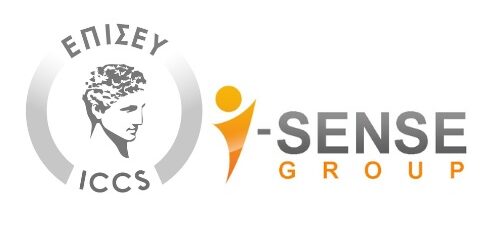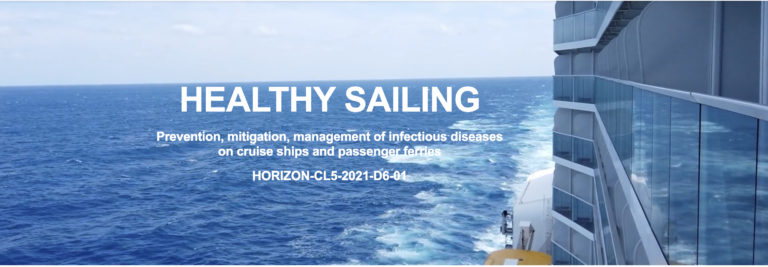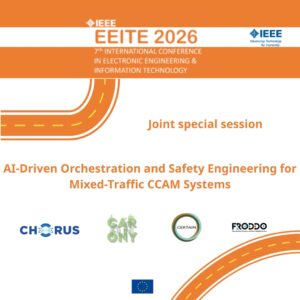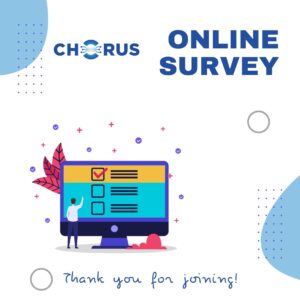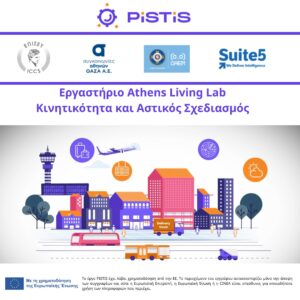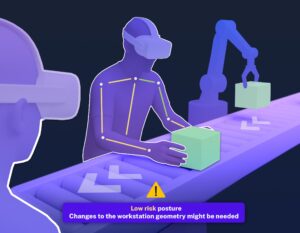Traditional detection methods of infectious diseases on cruise ships miss asymptomatic infections and unreported symptoms. This approach has significant limitations, as it lacks systematic syndromic surveillance to detect trends of known or emerging diseases, except for gastroenteritis and recently COVID-19. However, even COVID-19 surveillance faces challenges due to the high percentage of asymptomatic cases.
Our integrated E-SS is a health data platform element that addresses these challenges, providing a robust solution for early health threat detection. It has been developed by I-SENSE Group in the framework of HEALTHY SAILING project!
- Here’s how the E-SS can revolutionise health surveillance on cruise ships:
🔍 Real-Time Surveillance: Our team focuses on developing a health e-surveillance system that efficiently manages real-time syndromic, laboratory, and environmental health surveillance.
📊 Data Integration and Management: The E-SS will identify various heterogeneous data sources (e.g., travelers’ information, vaccination/recovery certificates, PLF, laboratory results, inspection results, monitoring equipment) and establish secure communication with them. The system takes all necessary measures to ensure data privacy and security
📝 Enhanced Data Recording: The system allows manual data recording through electronic forms, ensuring comprehensive information is captured even if it’s not already stored in an existing system.
📈 Visualisation Dashboard: A user-friendly dashboard will provide visualisations such as epidemic curves, epidemiological indicators, and charts, making it easy to monitor and report health data.
🔗 API Ecosystem for Data Analytics: An API ecosystem will be implemented to facilitate the combined use of data sources, delivering the necessary analytic outputs to the Integrated Information System (IIS).
The E-SS is a significant step forward in ensuring the health and safety of passengers and crew on cruise ships, enhancing comprehensive preparedness and efficient management for both known and future unknown health threats.
